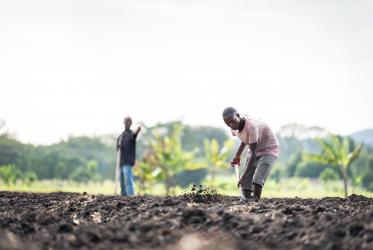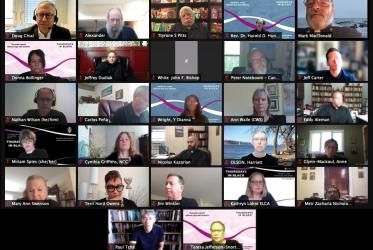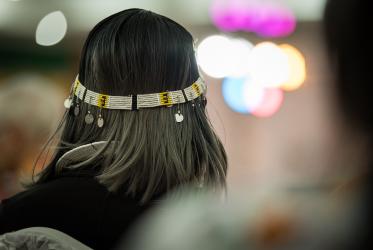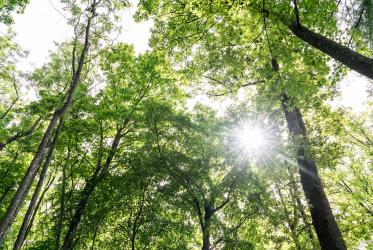Displaying 21 - 40 of 76
27 October 2021
On World Food Day, “we pray for wisdom to care for the earth”
16 October 2020
WCC honors world’s indigenous communities
07 August 2020
Christian Aid commissions ‘requiem for the climate’
17 February 2020
WCC represented at G20 Interfaith forum in Tokyo
13 June 2019
















